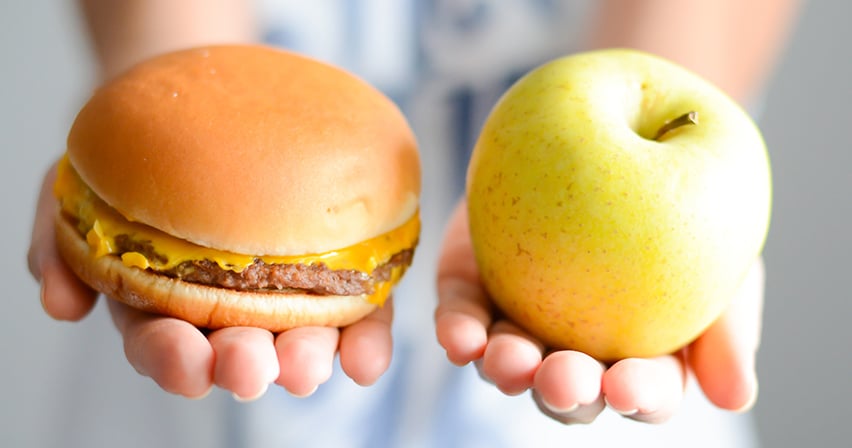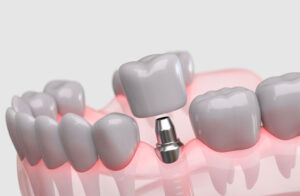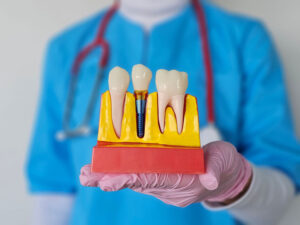Sugar is one of the main features of the modern diet. The ability to process sugar transformed the way we eat, making our food different from what our ancestors have consumed essentially since the origin of the species.
Although this has (arguably) made food much more tasty than it used to be, it comes with several drawbacks, such as the obesity crisis (which is found in nearly all industrialized countries) and the prevalence of tooth decay.
These days, many people are trying to reduce their sugar consumption (and some are trying to avoid it completely). If you’re one of them, it’s important to be aware of all the places where sugar might be sneaking into your diet–it’s not just candy that’s a problem. Here are some common sources of sugar that not everyone is aware may be making problems for your weight and your teeth.
Processed Foods
As we’ve talked about in reference to fast foods, many processed foods contain surprising amounts of sugar. You might think of the sugar content when you’re ordering something sweet, like a dessert, but there can be a surprising amount of sugar in savory foods, too. A bacon and cheese Whopper, for example, includes 9 grams of sugar, more than a third of your recommended daily intake!
And supposedly healthy options can be the worst. You might think you’re doing well ordering a salad, but that salad may contain more than 150% of your recommended daily sugar intake.
Whether you’re ordering at a restaurant or buying convenience foods for home, take a look at the label to see how much added sugar is included in these foods.
Sauces
It makes sense that you might try to avoid the sugar in processed foods by cooking more at home. This is a great idea, but it’s not without peril.
When you’re cooking, you may rely on sauces and spice mixes to help flavor your food, but these can also contain high amounts of sugar. You know better than to just add a tablespoon of sugar to the food you’re cooking, but there may be this much sugar or more in the sauces you’re using.
Fruit Juices
You might think that ditching soda for fruit juice is going to be good for your health and your teeth, but it’s not, necessarily. That’s because fruit juices can be just as sugary and just as acidic as soda. To your body, there may not be much difference between these two beverages, and even the healthy antioxidants and other nutrients can’t outweigh the damaging sugar in fruit juices.
Don’t treat fruit juices as an everyday accompaniment to your food. It’s not a good choice for daily consumption–especially not for kids. Instead, try to consume more fresh whole fruits and reserve fruit juices for special occasions.
Smoothies
If you’re thinking of changing from fruit juice to smoothies, let’s stop you right now. Although you might think that fruit smoothies are whole fruit, they’re generally not. If you’re making your own smoothies at home and you know they only contain solid fruit, that’s one thing, but if you’re buying smoothies you need to be careful.
Smoothies often contain fruit juice, which increases their sugar content, but it may also include other additions, too, which can add more sugar. Sorbet, for example, can be added to smoothies, adding extra sugar. And sometimes additions of honey or agave nectar are used under the mistaken impression that these are healthy alternatives to sugar, but they’re not: they’re actually just sugar.
Coffee Drinks
We all know that most Americans drink coffee, and most of us put sugar in our daily cup. However, the big danger isn’t the coffee you make yourself: it’s the coffee drinks you might buy at your local shop.
On average, people put about three teaspoons of sugar in their coffee, but some of the coffee drinks you buy at these shops contain 15 teaspoons of sugar or more! You’d never add that much sugar to your own coffee, but you’re accidentally getting it slipped in.
Make sure you know how much sugar is in your daily latte, and maybe make it a weekly latte.
Alcoholic Drinks
Alcohol can be damaging to your oral health. It dehydrates you and damages your gums. But alcoholic drinks also generally contain significant amounts of sugar. A glass of sweet wine, for example, may contain 8 teaspoons of sugar. In mixed drinks, the sugar comes mostly from mixers. Simple syrup, for example, contains about six teaspoons of sugar per ounce.
Beer, on the other hand, is basically sugar free (with the exception of milk stouts, which can contain about four teaspoons of lactose). However, this doesn’t necessarily mean that it’s better for your teeth, since there are still other carbohydrates that oral bacteria can utilize, although it’s not as easy for them.
Regular Checkups Help Monitor Oral Health
Cutting down on sugar can be a great way to head off oral health problems, but it’s not a substitute for making your regular checkups and cleanings. After you cut down on sugar consumption, you’ll enjoy that we find fewer cavities at each visit, but finding them early is still important for maintaining oral health.
If you’re looking for a dentist in Westchester County, please call (914) 526-2144 today for an appointment at Advanced Dentistry of Mohegan Lake.
